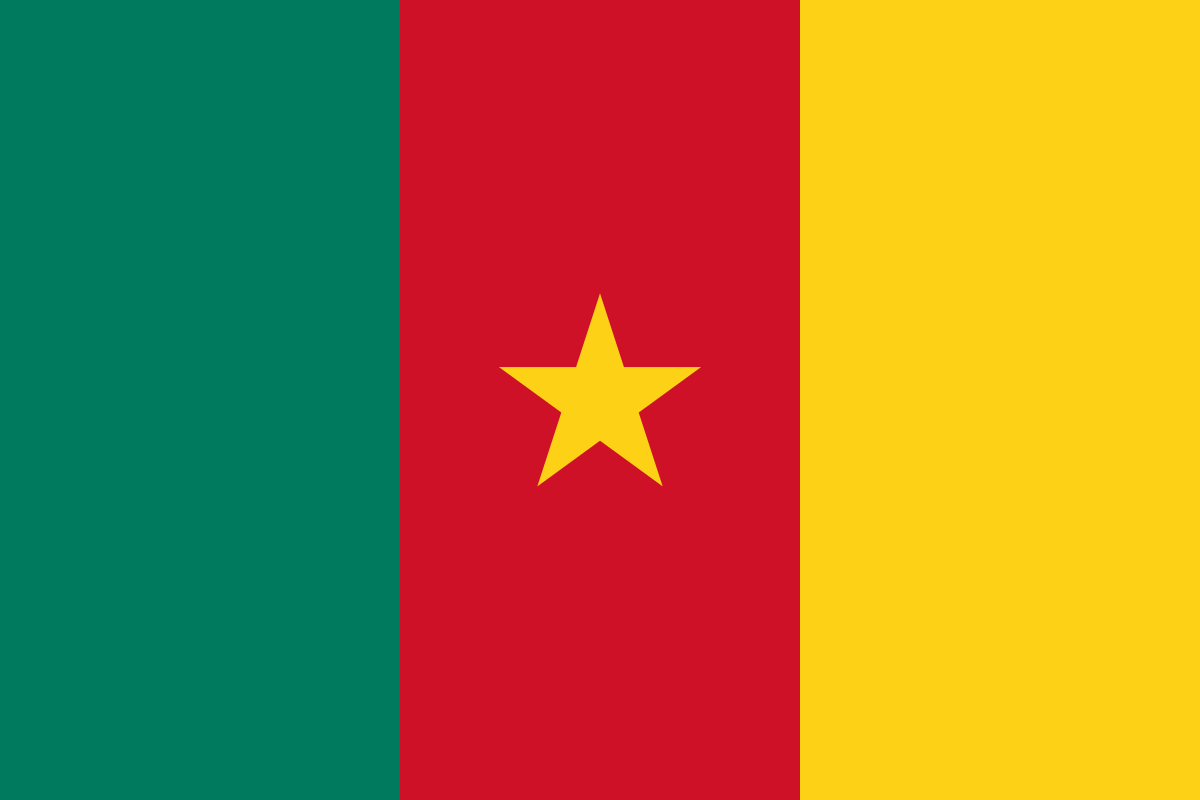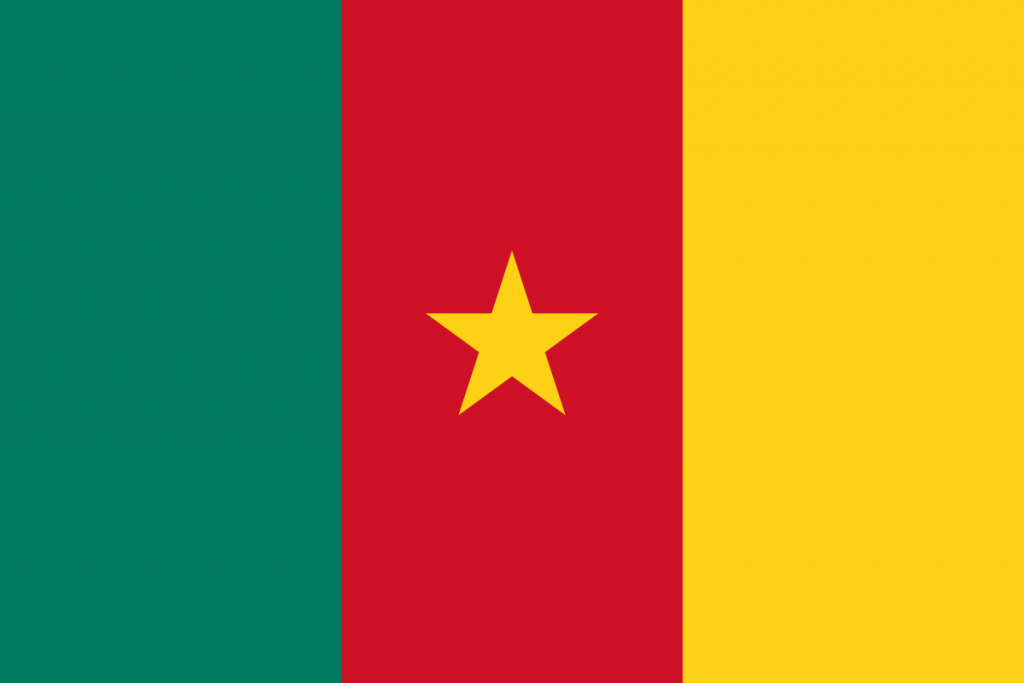Cameroon’s military says it has restored security on an important trade road between western Cameroon and Nigeria. The military this week said it had killed at least 13 separatist fighters who blocked the Bamenda-Enugu Road for two months and were demanding illegal tolls. The rebels denied it was their fighters and blamed other armed groups.
General Valere Nka, commander of Cameroonian forces fighting separatists in the English-speaking North West region, said his troops had destroyed several camps along the road linking the Cameroonian town of Bamenda to Enugu in Nigeria. Nka said the four-day battle ended Wednesday night. He spoke via a messaging application from Bamenda.
Nka said after battles that lasted four days, at least 13 rebels were dead and many locally made guns, explosive devices, pistols, vehicles, motorcycles, hard drugs and a machine gun that was seized from the Cameroonian military by rebels a year ago had been taken from the separatists. He said he appreciated the professionalism of his troops, even though one of them was killed and another wounded.

Nka said Cameroon and Nigerian traders had complained to him a month ago that they were no longer safe on the road. After this week’s attacks on rebel camps, Nka assured civilians that security had been restored and advised traders and travellers to report any suspicious movements and cooperate with the military.
Jude Chukudi, a 42-year-old trader who buys motor parts and electronics in Nigeria to sell in Cameroon, said despite Nka’s assurance, he was still reluctant to use the road. Speaking via a messaging application from Bamenda, he said on May 17 he was abducted by armed men on the road in the town of Bafut, and his goods, worth an estimated $30,000, were taken and have not been found.
“They were asking for a ransom of 5 million francs [$8,600]. I had to plead, plead and finally, I called my relations and they raised 500,000 francs and then they [the fighters] took it. It was a very traumatizing experience and as I speak right now, I feel very unsafe. You do not know if some of them can trail you right up to the urban centres, but they can still trace you out,” he said.
Chukudi said he was afraid the armed men might still be hunting for him because he reported them to the military.
Eric Tataw, a U.S-based spokesman for the separatists, said armed groups that have arisen from the crisis in the English-speaking regions may have been responsible for the interruption of trade between Cameroon and Nigeria on the road. He said separatist fighters called Ambazonia fighters have been professional in their fight to create an English-speaking state separate from majority French-speaking Cameroon. He spoke via a messaging application from Washington.
“It [the attack on traders] is a very ugly and unacceptable thing which I have always condemned. But to say that Ambazonian fighters have been responsible, I will say it is entirely false. It is not Ambazonians. True Amba fighters are well-schooled on the ethics of war,” said Tataw,
Cameroon’s military has maintained that it had killed at least 13 separatist fighters who were blocking the road and collecting illegal tolls, abducting travellers and stealing their goods. Cameroon said several hundred trucks from both countries ply that road daily.
Cameroon’s 25 million people depend on Nigeria for 70% of their basic commodities, and Nigeria’s 160 million people count on Cameroon for rice, corn, tubers, plantain, cocoa, tomatoes and other farm produce.

